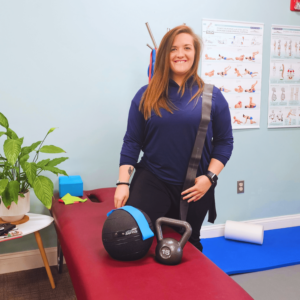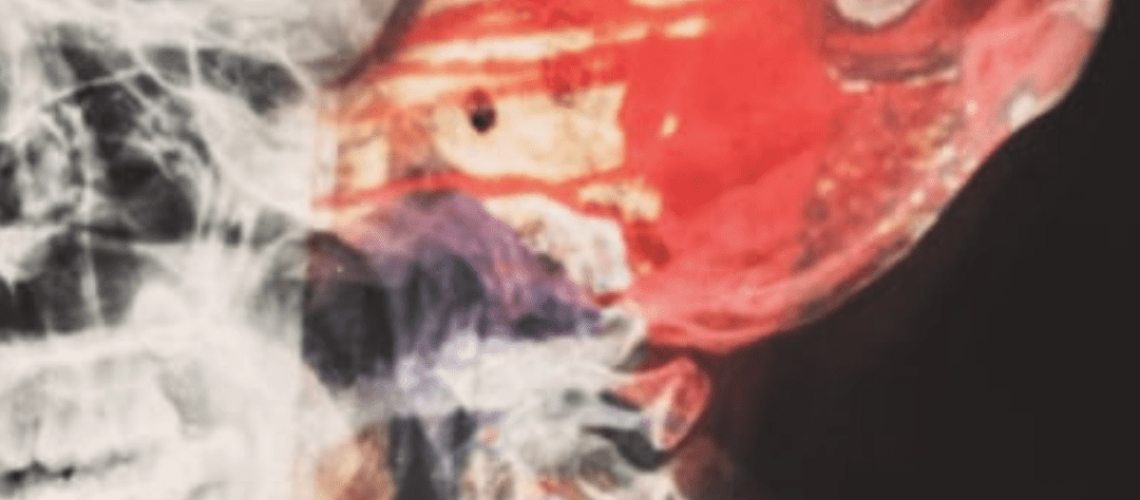MayoClinic defines whiplash as, “a neck injury due to forceful, rapid back-and-forth movement of the neck,” where a concussion is defined as, “A brain injury caused by a blow to the head or a violent shaking of the head and body.”
Whiplash commonly occurs after auto accidents, falls, or other impact type injuries. Concussions typically result when the brain is bounced inside the skull from blows to the head and face.
Nonetheless, sports injuries can produce whiplash, and car crashes can lead to concussions. In fact, they often happen together! Below are signs of whiplash and signs of concussion that you can use to help figure out what type of injury you’re experiencing.
Signs of Whiplash
As you look at these signs, please recognize that the symptoms of whiplash can take a few days after being injured to surface. This is because inflammation can take time to fully develop, or the symptoms may be triggered by certain activities.
Common symptoms of whiplash include neck pain and stiffness, dizziness, fatigue, blurred vision, difficulty concentrating, pain in the upper back, headaches, and reduced range of motion in the neck area.
Signs of a Concussion
Similarly, the signs of a concussion can take several days to fully develop for the same reasons.
The most common symptoms of a concussion include brain fog, confusion, lack of coordination, nausea, memory loss, ringing in the ears, fatigue, clumsiness, and mood swings.
Similarities
Again, it can be challenging to tell the difference between a concussion and whiplash. Both injuries can lead to dizziness, nausea, headaches, and fatigue. Additionally, with both injuries, it’s common for the onset of the symptoms to be delayed by multiple days after the time of the injury. One overarching difference is that the symptoms of a concussion can be characterized more as a loss of cognitive ability, than as pain. Nonetheless, to determine whether you have a concussion or whiplash, you should always seek out the care of a medical professional.
Whiplash Myths
If you suspect you have whiplash, avoid buying into any of the following myths.
- Symptoms are always felt immediately (as stated above, it can take days!)
- Recovery will be fast (it can take between six and ten weeks to recover from whiplash)
- It will go away on its own (whiplash can go away on its own, but in some cases a realignment procedure performed by medical professionals is necessary)
- It only impacts the neck (whiplash can affect the arms, upper back, and shoulders, too.)
- Small accidents cannot cause whiplash (accidents as slow as 10mph can cause whiplash)
Concussion Myths
Likewise, if you believe you have a concussion, avoid buying into any of these myths.
- If you didn’t lose consciousness, you don’t have a concussion (you can maintain consciousness and still have a concussion)
- You have to be hit in the head to get a concussion (hard blows anywhere on the body can lead to concussions)
- The symptoms of a concussion always begin right after the injury (just like with whiplash, it can take days to experience symptoms!)
- You need to sit in a dark room to recover from a concussion (excessive blue light is not good for concussions, but you do not need to isolate yourself in a dark room)
Whiplash and concussions are both very serious injuries. If you’re experiencing pain in the upper back or neck area, give us a call today and book an appointment. We specialize in reducing pain and treating injuries so that our patients can resume their lives and move on from accidents as easily as possible.





